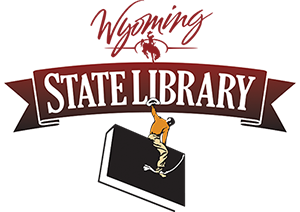Reposted with permission from Library Strategies
Public libraries often have a number of boards, including a Library Board, as well as a Foundation or Friends Board. As professional bodies that can affect the performance of your library, it is important that each member of the board regularly participates in professional development activities. In this way, the board members become informed leaders, such that their work improves the Library and advances the work of the expert, professional staff.
Here a few ways to help your board in their annual professional development:
Key 1: Board orientation – Hold a board orientation for all new members that covers their roles and responsibilities, as well as the basic services of the library. A board orientation is also valuable as a refresher for long-time board members, and requiring attendance once every three years can help members stay on track.
Key 2: Define annual activities – All board members should engage in some aspect of professional development each year. The topics may be library-related, or how to run an effective board, or on broader trends, such as publishing or the digital world. Conferences, webinars, and state and national organizations today offer a wealth of opportunities for board training and advancement. Help your board by offering a smorgasbord of opportunities each year, with regular reminders to participate.
Key 3: Board evaluation – Have an annual board evaluation process, which can be as simple as the board president sending out an annual comment sheet to each member asking what is working well or not on the board, and what they would like to see changed. By annually evaluating the board, you can help discover board weaknesses that might effectively be addressed through training or support.
Some additional ideas for professional development activities for your boards include regular presentations by professional staff on library trends; using former board members as mentors to new board members; and thinking outside the library to explore issues in publishing, technology, finance, change management, fundraising, social media, governance, etc.
In board professional development, it is important that board members fundamentally understand and embrace their defined roles and responsibilities. But for an energized board, it is equally important that they participate in interesting, social, and other engaging activities that help them support the library and plan for its future.
—–
Also check out the Wyoming State Library’s Library Board Members’ Handbook.

